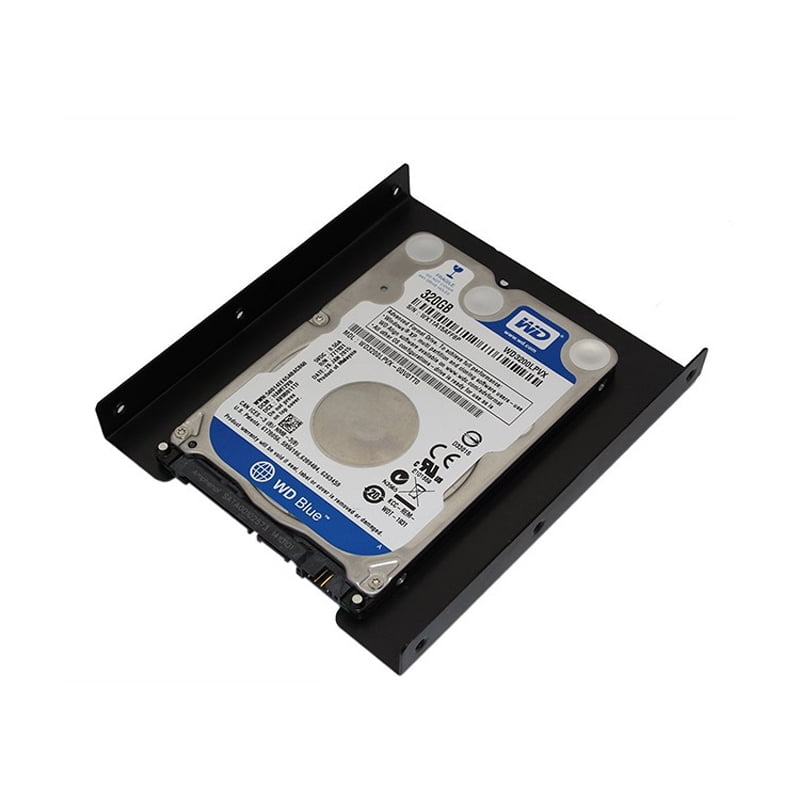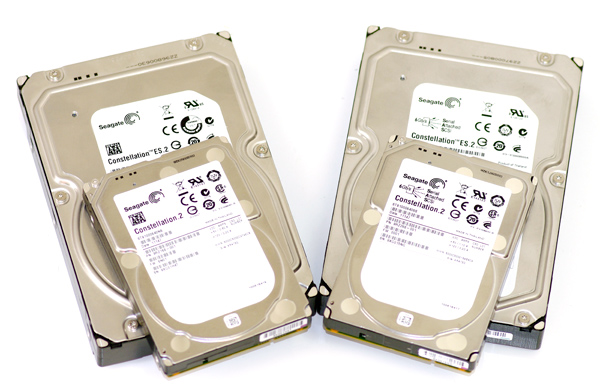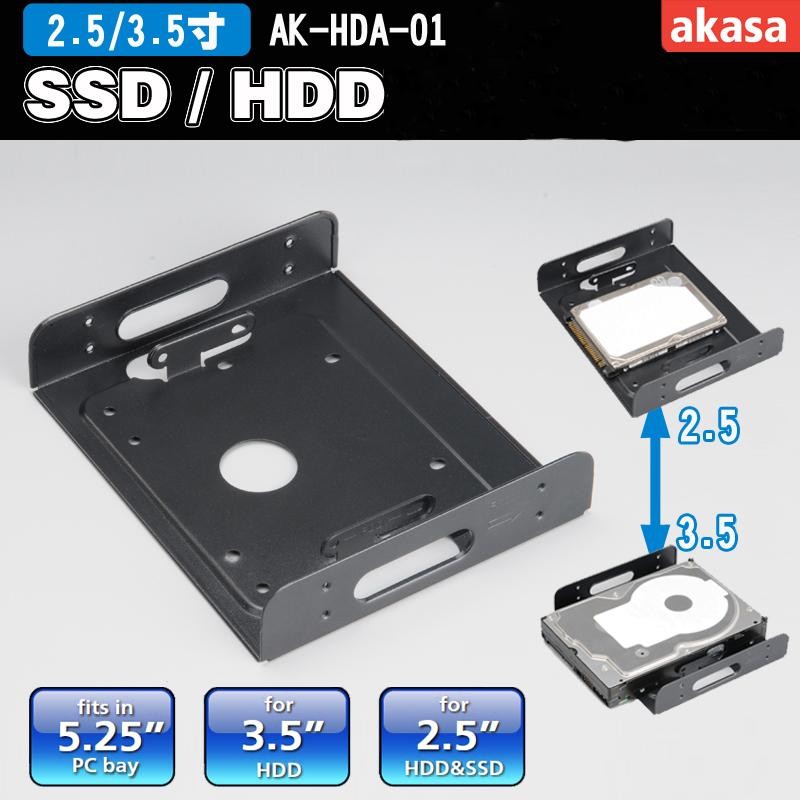

For example, looking across the 2.5 and 3.5 enterprise (24x7) drives at HGST, we see that many of the 2.5" models have an MTBF of 2M hours, while the 3.5" drives come in at 1.4 to 1.6M. Since all else rarely is equal, looking at MTBF and duty cycle ratings will give you a stronger impression of a given drive's relative reliability against another.

Well as more than adequate reliability and life when operated in a controlled environment Small form factor hard disk drives offer the advantage of lower power, higher capacityĪnd higher performance per cubic volume when compared to 3.5” hard disk drives as Principal contributors to the claims are the lesser mass and the extra engineering that goes into making 2.5" drives survive the more harsh conditions of mobile use (specifically, temperature and shock/vibration). In the end, Fujitsu claims that the 2.5" form factor is objectively more reliable, all else being equal. Hard disk drives that operate 24x7 at a DE surface temperature of 55☌. Through a few important design changes, hard disk drive suppliers have created 2.5”

Heat from the application environment and sense current exacerbatesĮlectron migration in small semiconductors. Testing has shown the largest contributor to the life of a hard disk drive is the operating Would prove to be an improvement over the mobile specification.

If mobile hard disk drives were operated inĪn enterprise environment with constant temperature, then the demonstrated MTBF Therefore perceived to have lower reliability. Mobile hard diskĭrives tend to be operated in a high temperature, low airflow environment and are In Next Generation Mobile Hard Disk Drives (2006, Fujitsu), Fujitsu says this:Ģ.5” HDDs have lower power and offer improved MTBF and life.Īll hard disk drives are susceptible to damage by excessive heat. A low quality consumer grade 2.5" drive will be less reliable than an enterprise 3.5" drive, but if we assume all else equal, is there a reliability advantage in a particular form factor?


 0 kommentar(er)
0 kommentar(er)
